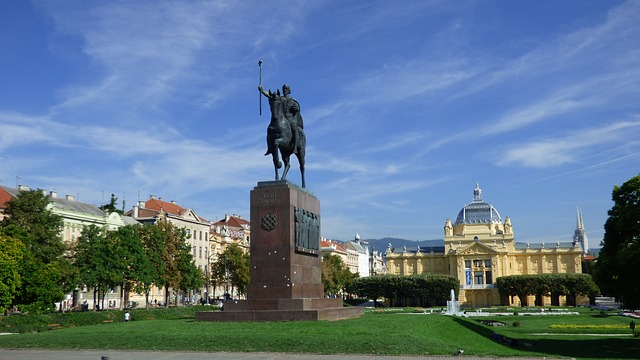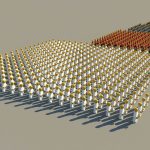During the second round of voting, 3,231,000 citizens are eligible to vote at nearly, 5,500 polling stations that will be set up in 432 cities and municipalities.
Four biggest cities to get new mayors
The results of mayoral runoffs will show who will run the four biggest Croatian in the next four years. In the capital city of Zagreb, the mayoral candidate of the Green-Left Coalition, Tomislav Tomašević of the We Can party faces off Miroslav Škoro of the Homeland Movement party (DP), whereas in Split, the mayoral runoff includes Vice Mihanović of the Croatian Democratic Union (HDZ) and Ivica Puljak of the Centre party.
In Rijeka, Marko Filipović of the Social Democratic Party (SDP) and independent Davor Štimac are vying for the mayoral of this northern Adriatic seaport, and in Osijek, Ivan Radić of the HDZ and Berislav Mlinarević, supported by the DP party and the Bridge party, are running in the mayoral runoff.
Those four cities will have new mayors, as none of the incumbents are in the mayoral race. In Zagreb Milan Bandić, who was at the helm of the city for 20 years, died of heart attacks on 28 February.
The outgoing mayors of Osijek and Split, Ivica Vrkić and Andro Krstulović Opara (HDZ), decided not to run for a new term, citing health reasons.
The outgoing Rijeka mayor Vojko Obersnel, an SDP official, who has been at the helm of Rijeka since 2000, said before these local elections that the time had come for younger politicians to take the helm and supported Marko Filipović of the SDP as his successor.
Another major cities, which are county seats, for instance Varaždin, Dubrovnik, Vukovar and Sisak will have the mayoral runoffs between the incumbents and the new opponents.
In Pula, which was run by Boris Miletić of the Istrian Democratic Party (IDS) until these polls, the IDS official Helena Puh Belci faces off independent candidate Filip Zoričić.
Six counties get prefects in 1st round, 14 to have runoffs
Six counties elected their prefects in the first round of voting on 16 May, when the winners won more than 50% of the ballot, and the remaining 14 counties will have runoffs for their prefects on Sunday.
Of those six winners in the first round, four are HDZ representatives: Antonija Jozić of Požega-Slavona, Igor Andrilović of Virovitica-Podravina County, Ivan Anušić of Osijek-Baranja County and Danijel Marušić of Slavonski-Brod Posavina County.
Social Democrat (SDP) official Željko Kolar was reelected prefect of Krapina-Zagorje County and Matija Posavec, an independent candidate, was reelected as the head of Međimurje County.
In the other 14 counties, the first two vote-getters will participate in the runoffs on 30 May.
Anti-epidemic measures to be implemented at polling stations
Voters going to the polls on Sunday are required to wear protective masks and they are also advised to have their own pencils. Although the epidemiological situation has improved since the first round of the voting, the same anti-epidemic measures will be implemented on Sunday.
Polling stations open from 7 am to 7 pm
The polling stations will open on 7 am and close at 7 pm. The course of voting will be observed by 8,334 monitors, and the lion’s share of them have been proposed by political parties running in the elections, while a mere 17 monitors will be at polling stations on behalf of nongovernmental organisations











